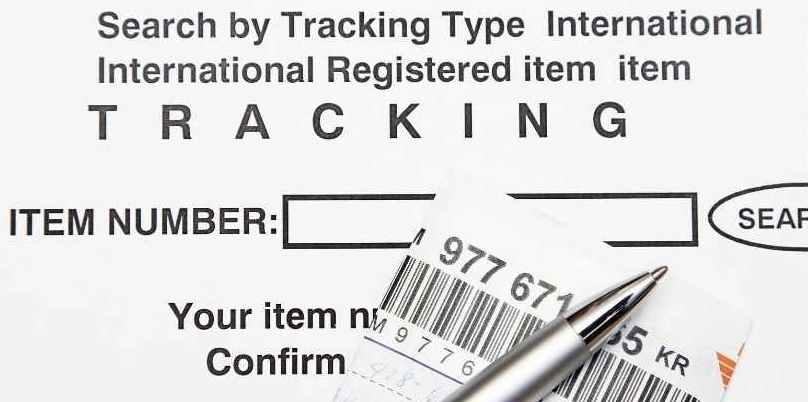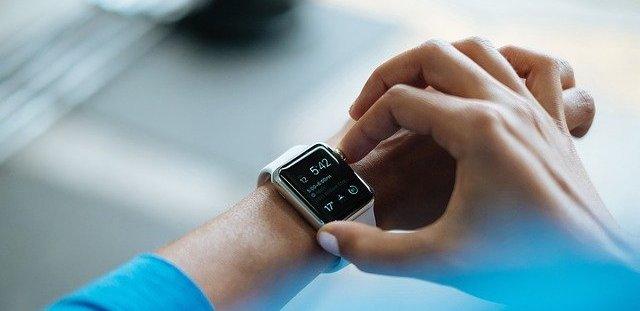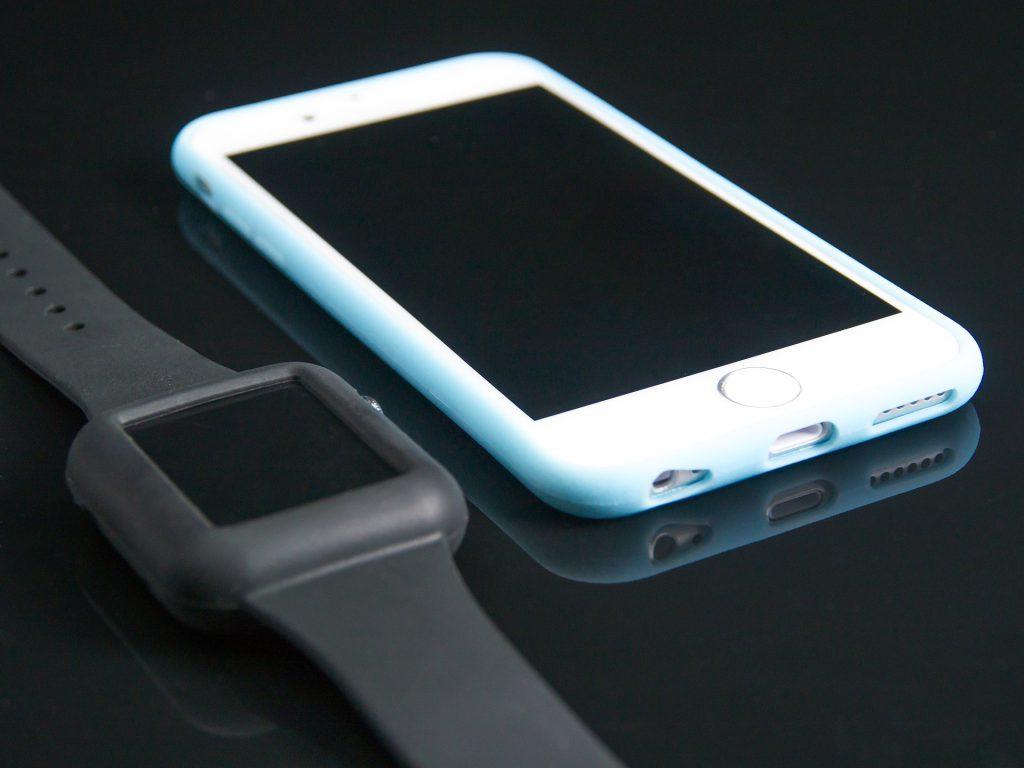As an electronic health record (EHR) software company, Sigmund Software is keenly aware of how technology can empower health care providers, as well as patients, to optimize their treatment.
EHRs have the potential to transform a behavioral health organization’s functionality and efficiency with software solutions.
As time goes on and technology evolves, industries of all kinds are adopting new digital processes. Healthcare and healthcare technology are no different. Our industry will only benefit from these steady advancements in digital technology.
One advancement to note is wearable technology. It has recently emerged as a new way to improve behavioral health and addiction treatment.
We may know them as Fitbits or Apple Watches – the devices that notify you of how many steps you’ve taken today. However, forward-thinking companies have developed similar, yet highly specialized self-tracking technology geared to assist specific behavioral health and addiction issues.
Wearable technology holds many benefits for treating the patients in our industry. Let’s take a look at some ways this tech is currently benefiting behavioral health and addiction patients.
Fighting Addiction with Wearable Technology
Wearable technology that helps people manage their addictions is an emerging innovation in our industry.
Take the company DyAnsys, for example. They created a product called Drug Relief®. A device worn behind the ear, it sends electrical pulses to stimulation points in the ear to reduce the symptoms and cravings of opioid addiction. Drug Relief® presents a way to stabilize a patient during early withdrawal stages without the use of narcotics.
Another exciting case is that of Behaivior. They are a startup that is creating software to predict and prevent addiction relapses. Behaivior is designed for people in recovery from substance abuse. This wearable tech tracks physical data that can indicate whether a user is at a high risk of relapse. Therefore, people can be alerted to the possibility of relapse before it is too late to address or prevent.
One wearable technology that has already shown its worth in the healthcare industry is radio frequency identification (RFID). It uses electromagnetic fields to send and identify radio frequencies. This has proven to be very useful in addiction treatment.
From as far back as 2011, RFID technology has allowed a facility to track a patient’s location. By simply wearing an RFID device on their person, a facility can be informed of each location the patient has been, when they changed locations, and which treatment they received.
Since then, there have been steady advancements to RFID technology that is specifically geared towards healthcare. Now, a facility can track everything from equipment inventory to laundry management using RFID.

From Physical Fitness to Peace of Mind
Wearable technology initially gained popularity in the fitness industry. Fitness professionals saw the merit of tracking their vitals and other biometrics. It allowed them to measure their physical health and fitness outcomes.
Beyond fitness stats, wearable technology can monitor other physical data to improve your mental well-being.
Sleep Tracking:
Without enough sleep, mental health issues of any kind will become more difficult to deal with. Whether you are struggling with anxiety or bipolar disorder, getting enough sleep is crucial to how well you and your body can manage a mental illness.
Sleep tracking technology provides the user with productive data to improve the quality of their sleep. A few examples would be a breakdown of your time spent in light sleep versus deep sleep or the nature of your REM phase.
Understanding the relationship between how/when you sleep and your mental well-being can be a game-changer. It can help people add structure to their sleep schedule to best protect against poor sleeping habits.
Stress Tracking:
Prolonged stress can weigh down even the healthiest people among us. For those struggling with mental health issues, stress can be quite destructive to their mental well-being.
Stress tracking technology can come in many different varieties. Some are more holistic in nature, with a focus on mindfulness and promoting a positive mindset.
Others use biofeedback to track stress reactions in the body. By measuring things such as sweat gland activity, heart rate, and body temperature, users become more aware of their physical stress indicators. As a result, they can make real-time adjustments when alerted to their stress. They can then develop ways to control their body to prevent stress.
Looking to the Future of Wearable Technology
We are still in the early stages of applying wearable technology to behavioral health and addiction treatment. As with any new technology, wide-scale adoption will improve the quality and affordability of these devices.
Currently, some of the wearables on the market are still rather pricey. As this technology becomes more popular, though, new developments will be introduced that cut costs for patients and health care professionals alike.
Once a system for wearables is set up at a facility, they can begin monitoring patients remotely. Patients may not need to schedule and travel to physical appointments if their doctors can track their conditions remotely and in real-time.
Furthermore, wearables are often based on predictive and preventative measures. As a result, patients may be able to recognize symptoms much earlier. Thus, they may not need to spend the money going to several offices for varied and costly treatments and tests to find out what they are dealing with.
Consider the story our president and CEO Philip Turner told at our Client Conference: An outwardly healthy 18-year-old Florida woman was alerted to her life-threatening kidney failure thanks to her watch. She said she never would have realized anything was wrong if it hadn’t been for the persistent beeping of the wearable tech’s alert system. Her heart rate was dangerously high and, thanks to the watch, she went to the hospital where they confirmed her kidneys had failed.

Wearable Technology During COVID-19
Wearable tech has also been leveraged to meet the challenges of COVID-19. Check out this blog post that highlights three devices that are being used to detect early signs of the coronavirus.

